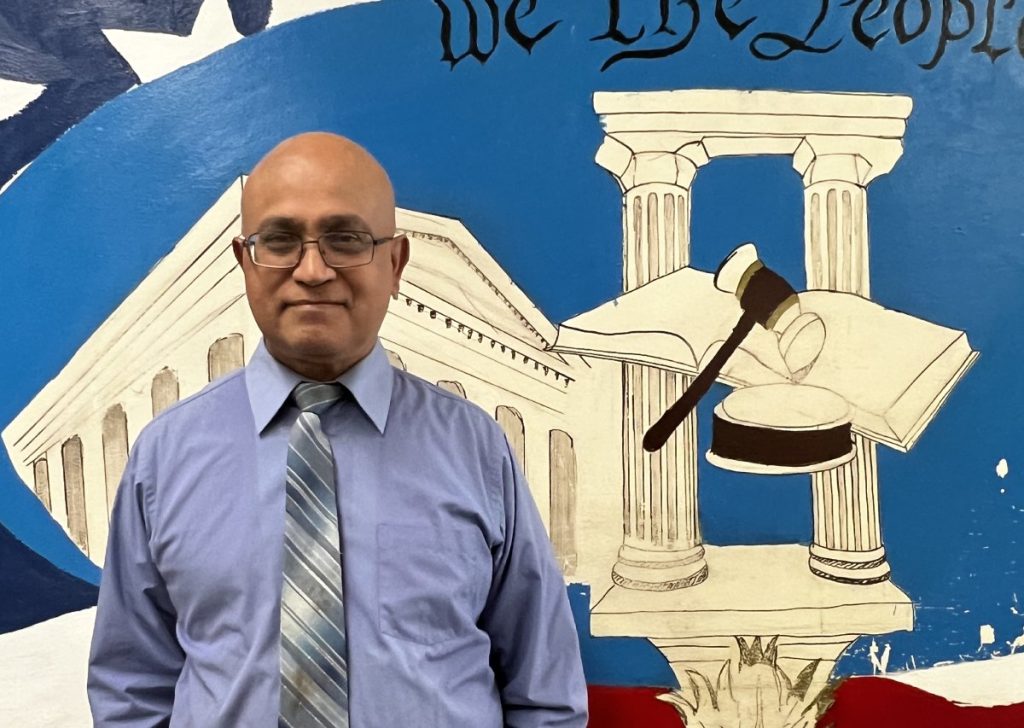Almost every country is affected by what can be called a cost-of-living crisis (prices much higher than income). It is an issue that has influenced how people vote in democratic countries resulting in a revolt against incumbency. The cost of living crisis is not the result of any government’s deliberate policy. It is due primarily to climatic factors, pandemic, the wars in Ukraine and Palestine, and other socio-politico factors. These have disrupted production of goods and services including energy and food resulting in rising prices.
Since the Covid pandemic, inflation has ravaged Guyana and other countries resulting in spiralling prices of food, shelter and transport. Anyone who claims otherwise is not being truthful. In Guyana, finances have been deteriorating post-pandemic. Monthly expenses have gone up while salary is about the same. Rise of prices have multiplied while salaries (and social security handouts) have not. Income is increasingly falling behind price rises. As your series captured so vividly, it has been a daily challenge for the poor, over half the population, to earn enough to meet rising cost of living. Not only the poor, but the middle class has also been complaining that their income is not sufficient to meet rising prices.
Almost every government has been focusing on growth since the end of the pandemic ignoring livability (affordability of shelter and food). In Guyana, we can add to inflation the growing concern about deteriorating law and order situation on the roads (vehicular traffic), domestic violence, robberies, violence in schools and in social interaction (even at weddings), jobs (corruption at government offices), and in almost every other aspect of life. The struggle to make ends meet could be a contributing factor to the above social issues. Sociologists have not pronounced on this relationship, not yet anyway.
Most Guyanese are finding it increasingly hard to eke out a living with rising complaints about costs of everything. Even Guyanese from the diaspora who visit the country complain, “Bai things prapa expensive in dat place, more expensive than America”.
Government has not been a spectator. It acted to keep a lid on inflation; there is only so much it can do in a liberal economy like ours that is tied to the global order. But the public feel more needs to be done especially for lowering prices of foods and medicine. Can government afford more? And even if it does, government has to be careful not to create a permanently dependent welfare class as in the developed countries and in neighboring Trinidad and Tobago.
The developed countries have managed to tame inflation and their governments have system in place to aid those below a minimum income threshold; those on fixed income have been given cost of living allowances to cover for inflation. Poor countries like Guyana don’t have the kind of resources as the wealthy countries to afford such subsidies. The challenge for our government is if cost of living is not addressed, aspirations of the population will diminish and along with it their ambition to be productive members of society. They will opt for migration up north.
There should be targeted income supplements for the extreme poor (perhaps with assistance for utilities up to a certain amount to discourage over usage and encourage conservation). And government should provide targeted financial assistance as well as technical guidance for entrepreneurial activities among those afflicted with poverty (below minimum income threshold) to boost income. Food production must be encouraged to lower cost of fruits, vegetables, rice, ground provisions, and other necessities.
